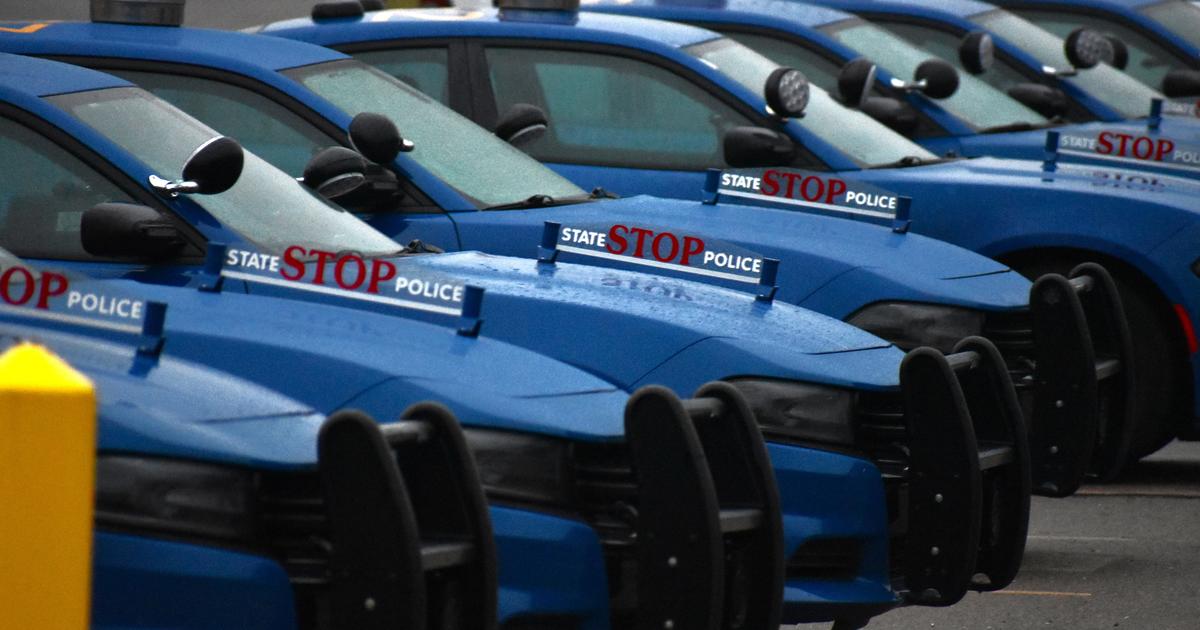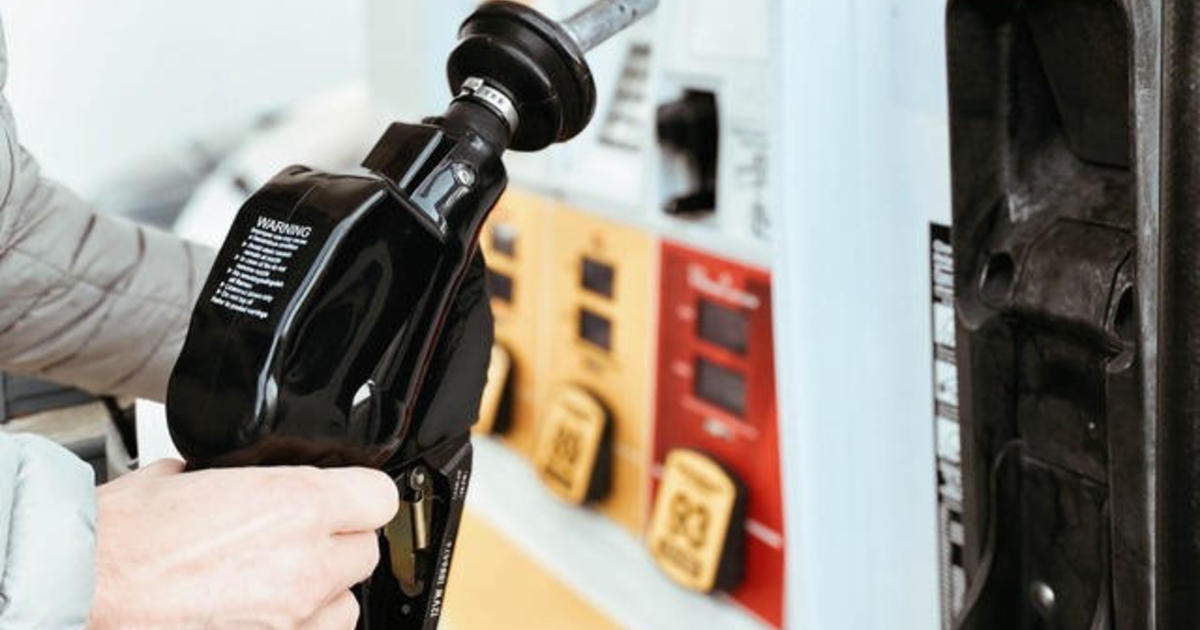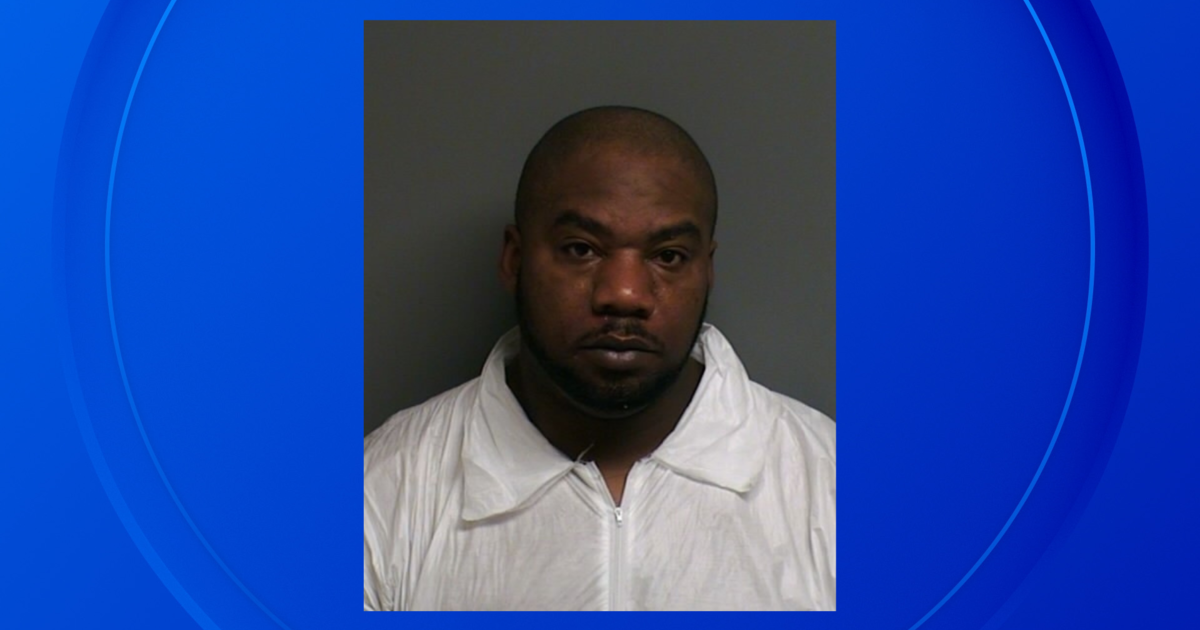Michigan Considers Ban On Student-Athlete Unions
DAVID N. GOODMAN, Associated Press
DETROIT (AP) — College sports may be a multibillion-dollar business, but the athletes are students, not public employees, and shouldn't have the right to unionize, according to a Republican lawmaker in Michigan.
His bill to block collective bargaining for athletes is on the fast track during this lame-duck legislative session, though there are no reports of such efforts at any of Michigan's public or private universities and opponents say it's a non-issue in their state.
But unionization efforts have started to the west of Michigan, where Northwestern University football players voted in April to form the nation's first union at the private Big Ten school, a case in which the National Labor Relations Board could rule as early as this month.
Major college sports conferences have spoken out against unionization while calling on measures to improve the working conditions of student-athletes. The NCAA also opposes player unionization, saying it could lead to fewer scholarships and eliminate funding for some sports.
The bill appears to be zooming through Michigan's Republican-led Legislature. Introduced Tuesday, it won committee approval on a party-line vote Wednesday. The Legislature's postelection "lame duck" session ends next week.
"The discussion of this issue really begs an answer to the bigger question: What is the intended purpose of college?" bill sponsor Rep. Al Pscholka said. "Is it about making money, or is it about getting an education? Are student-athletes there to learn, guaranteeing the best shot at future success in life? Or are they enrolled as employees, just there to pull in money and attention for the university?"
Pscholka represents a string of Lake Michigan shoreline communities in the southwestern part of the state and is a former radio station owner who has done play-by-play on high school games.
"The more focus we place on athletics over academics, the less importance we are placing on a student's life after graduation," he said.
Minority Democratic Rep. Andy Shor, who voted against the bill in the House Committee on Competitiveness, described it as solution to a nonexistent problem.
"I don't understand the tremendous rush on this," the Lansing lawmaker said. "We don't have Michigan or Michigan State football players trying to unionize. We're taking an action that addresses something that's happening in Evanston, Illinois. This is red meat for the conservatives," he said.
Ramogi Huma, president of the College Athletes Players Association, said Ohio is the only other state he knows of that has similar legislation. A provision was included in a June budget bill that said college athletes aren't public employees.
The University of Michigan and Michigan State University, both in the Big Ten, haven't commented on the athlete unionization issue. Neither school responded to The Associated Press' requests for comment Friday.
Northwestern's football players took a vote April 25 on whether to have the CAPA represent them, but the votes haven't been counted while the NLRB considers a legal challenge. Spurred in part by the Northwestern players, Pac-12 university presidents in May outlined a national plan that included a stipend for athletes, improved medical care and lighter workout schedules.
Huma said Michigan's bill is a backhanded confirmation that student-athletes are state employees by including them in a list of workers who can't bargain collectively. He also said it doesn't address health protections that are a key part of contract bargaining for professional sports.
"It will be much more difficult for Michigan schools to compete for top recruits" if the bill passes, Huma said.
(© Copyright 2014 The Associated Press. All Rights Reserved. This material may not be published, broadcast, rewritten or redistributed.)



